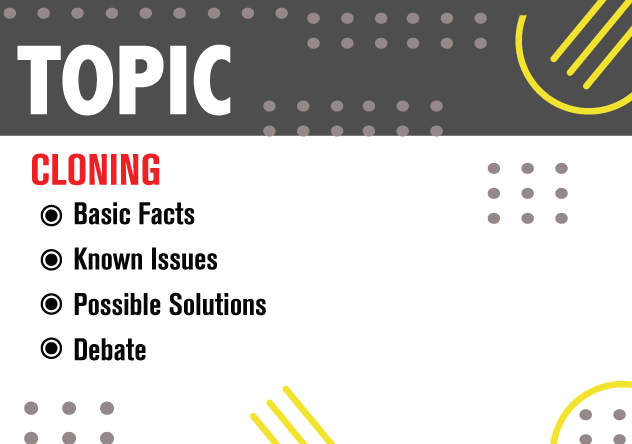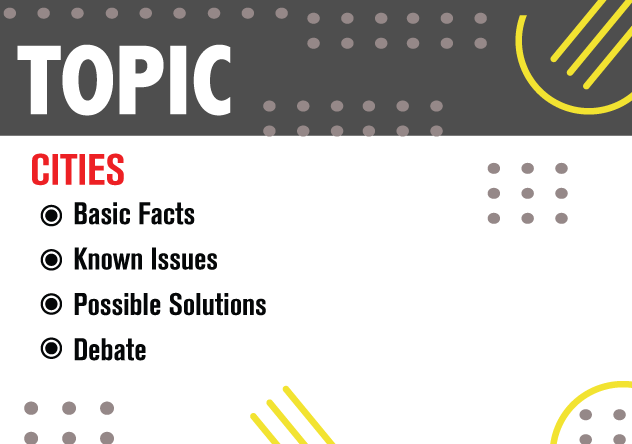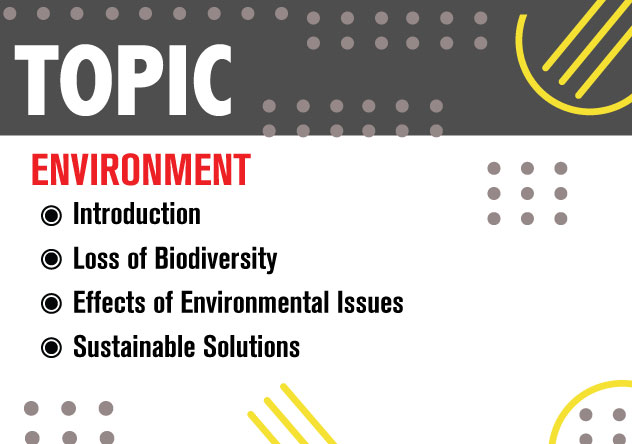Cloning is the process of creating a copy of something. In genetics, cloning refers to the process of making an identical copy of the DNA of an organism. When Dolly, the first cloned sheep became news, cloning interested the masses. Not only did researchers delve deeper into the subject but even the common people sought great interest in knowing all about how cloning had been done.
In recent times, cloning is being used in several ways. While most cloning techniques are used in laboratories, there is a commercial industry that is used to clone animals, crops and even dead pets. Stem cells are an early form of cells that can grow into many different types of cells and tissues. Scientists can turn them into nerve cells to fix a damaged spinal cord or insulin-making cells to treat diabetes.
Animals have been cloned to study the development of diseases in animals. Cloning is also done for livestock like cows and pigs to produce more milk and meat. Commercially people are using the technique for cloning pets. In recent times there is a sudden curiosity that has risen in society about how could cloning benefit the common man. People are eager to know all about cloning and questions prevail till date. Most of them want to know the pros and cons of cloning, its advantages to society and its potential risks to mankind.
In this unit, we will explore the topic of cloning and how it is beneficial to society. You will also learn about the basic facts about cloning and the moral, ethical and legal issues that surround the topic of cloning.






